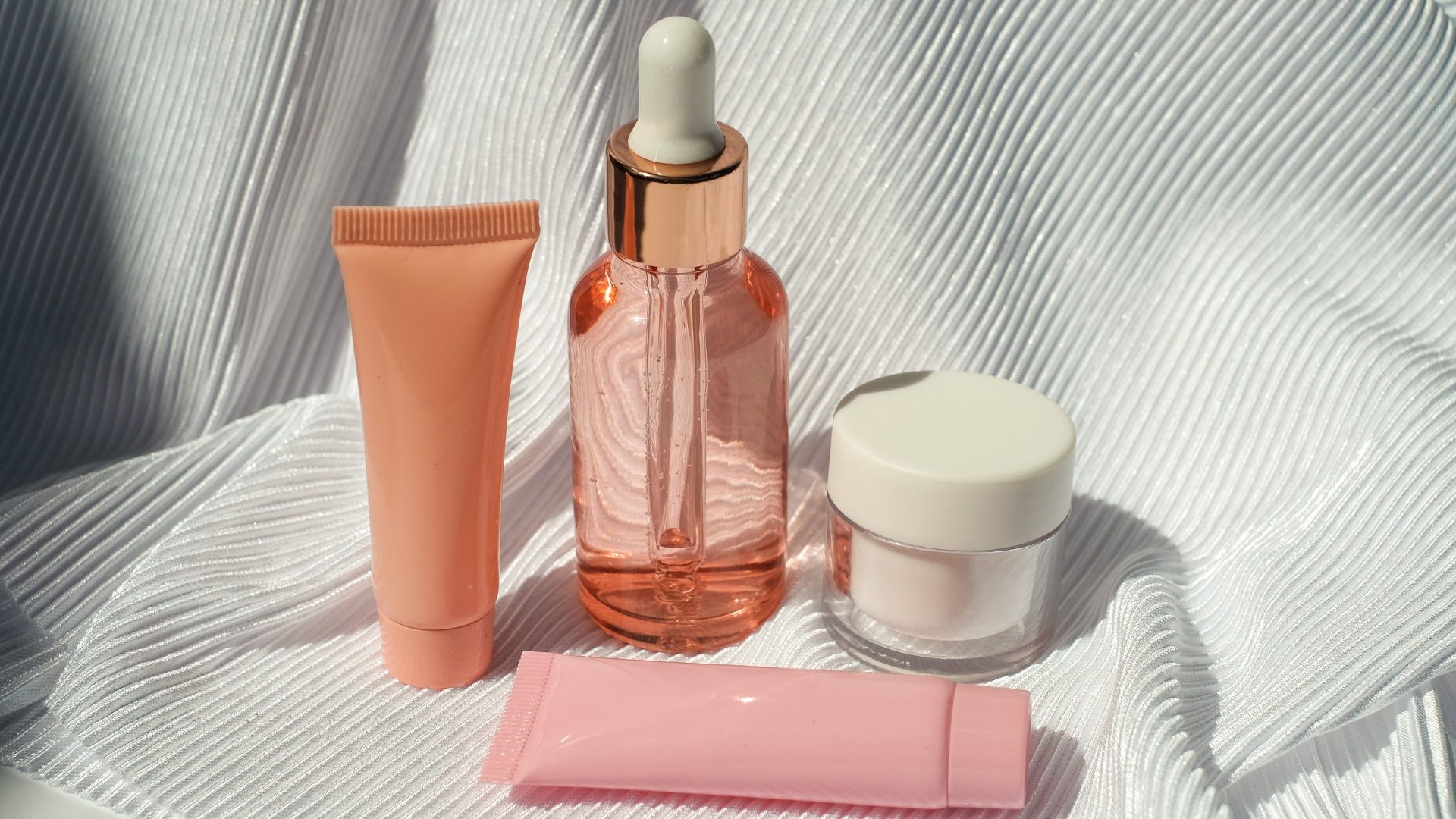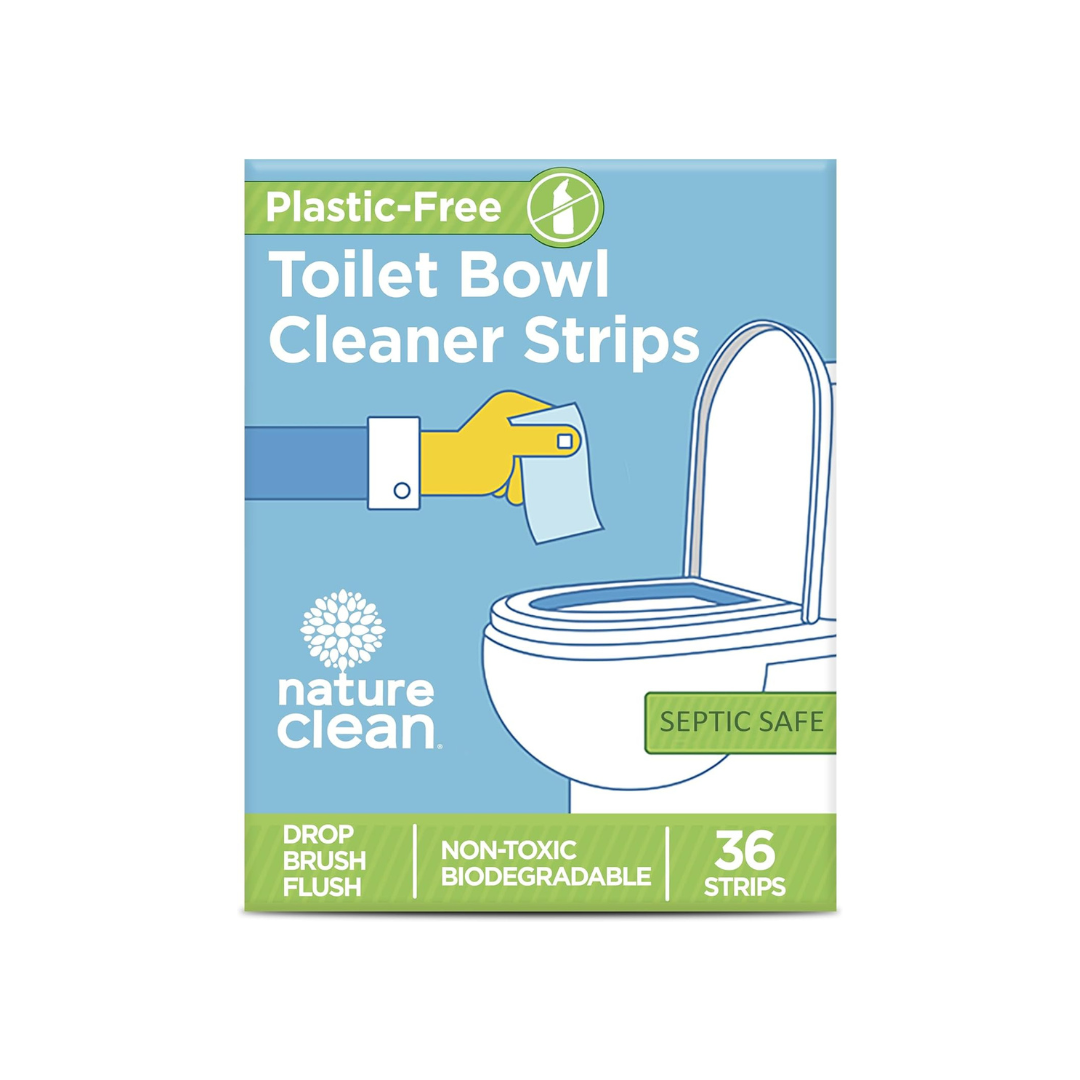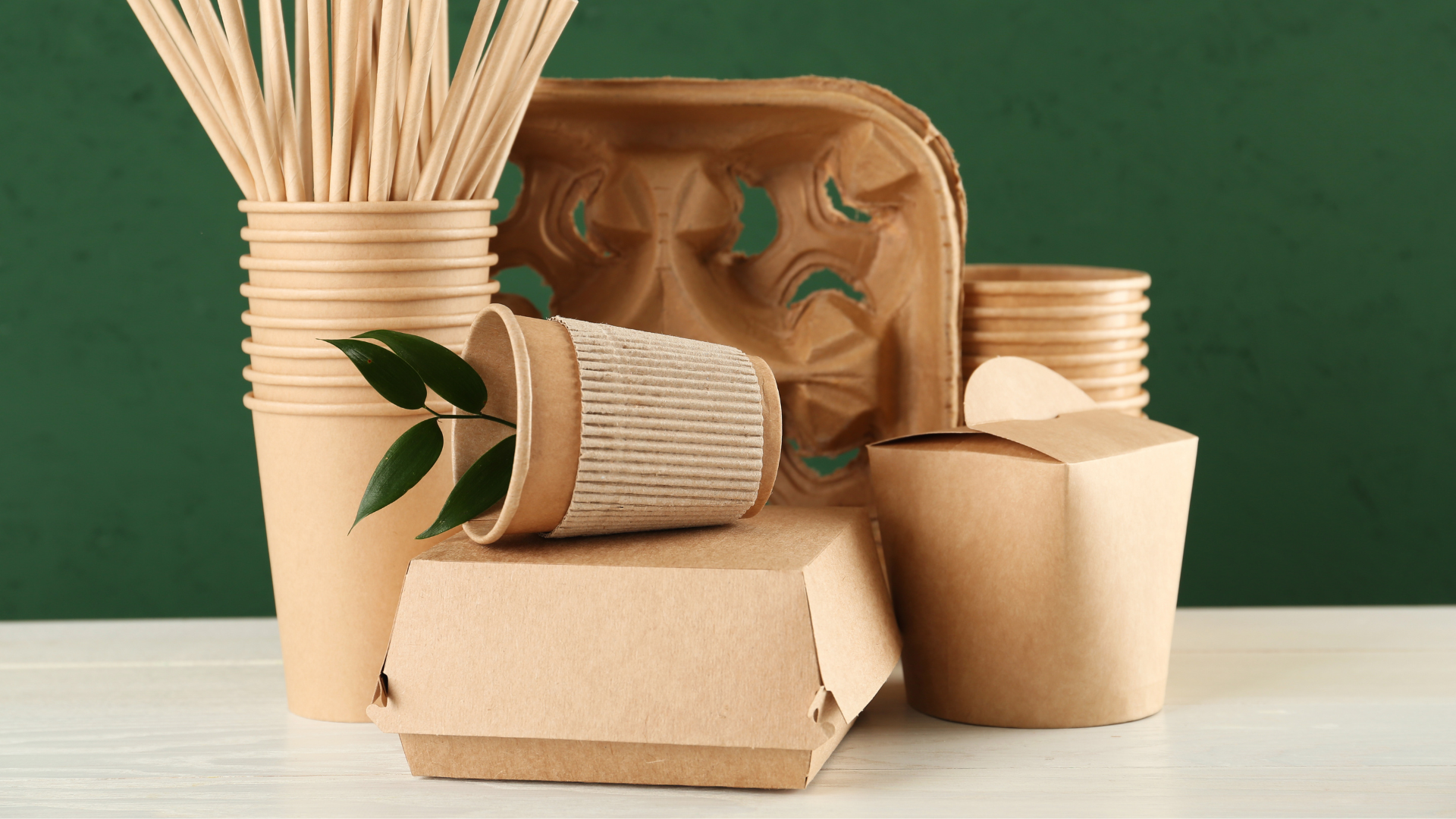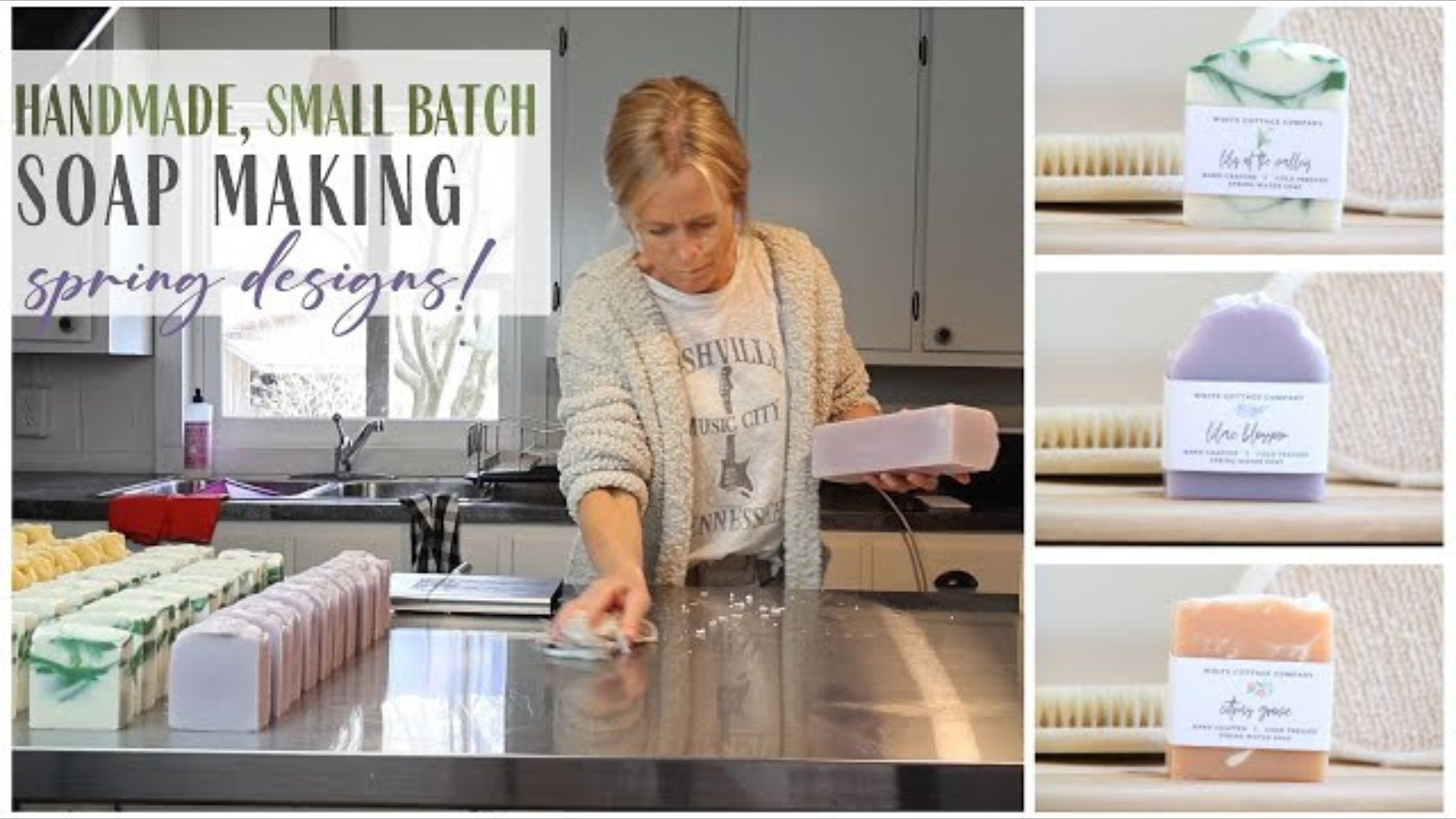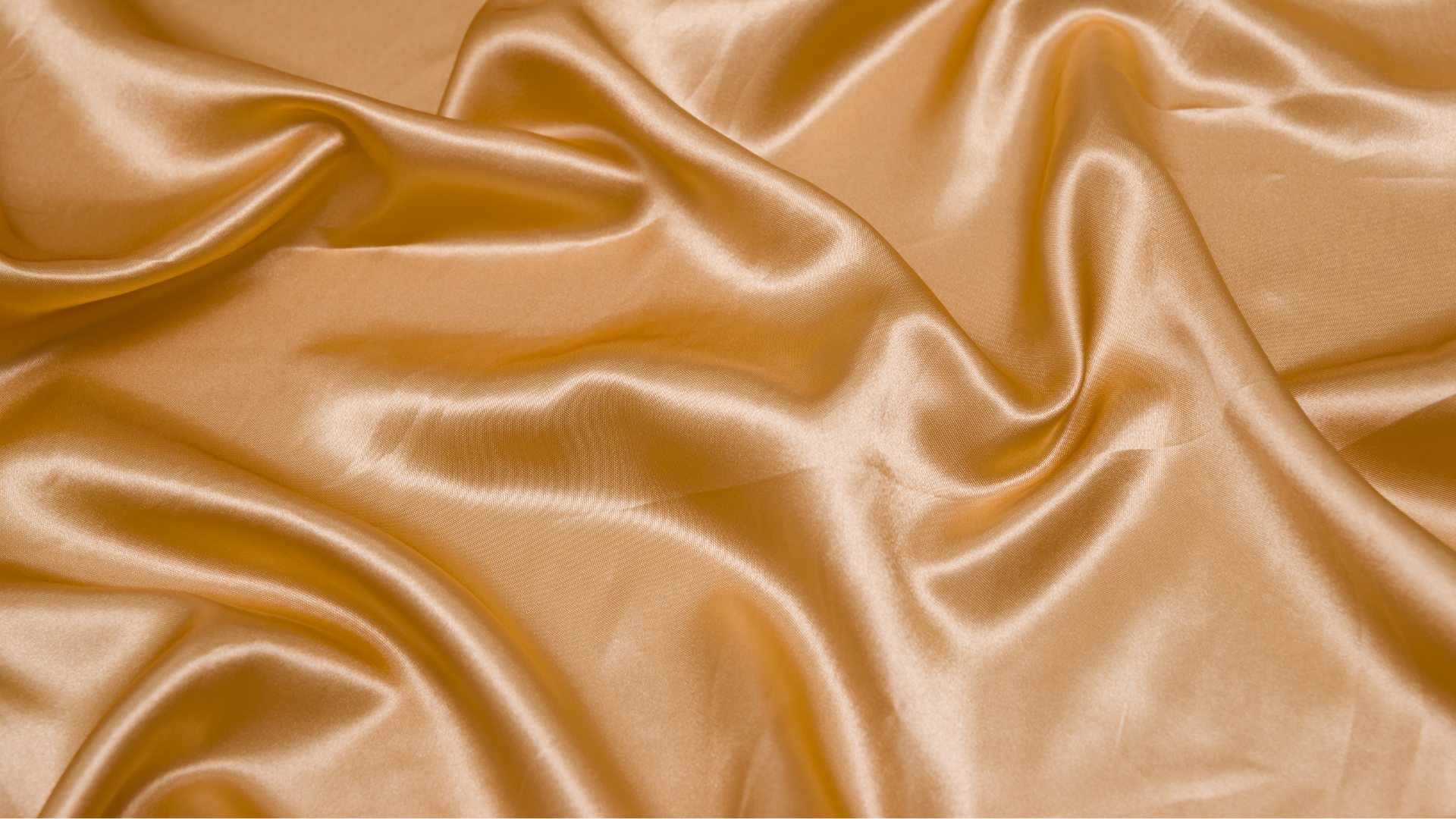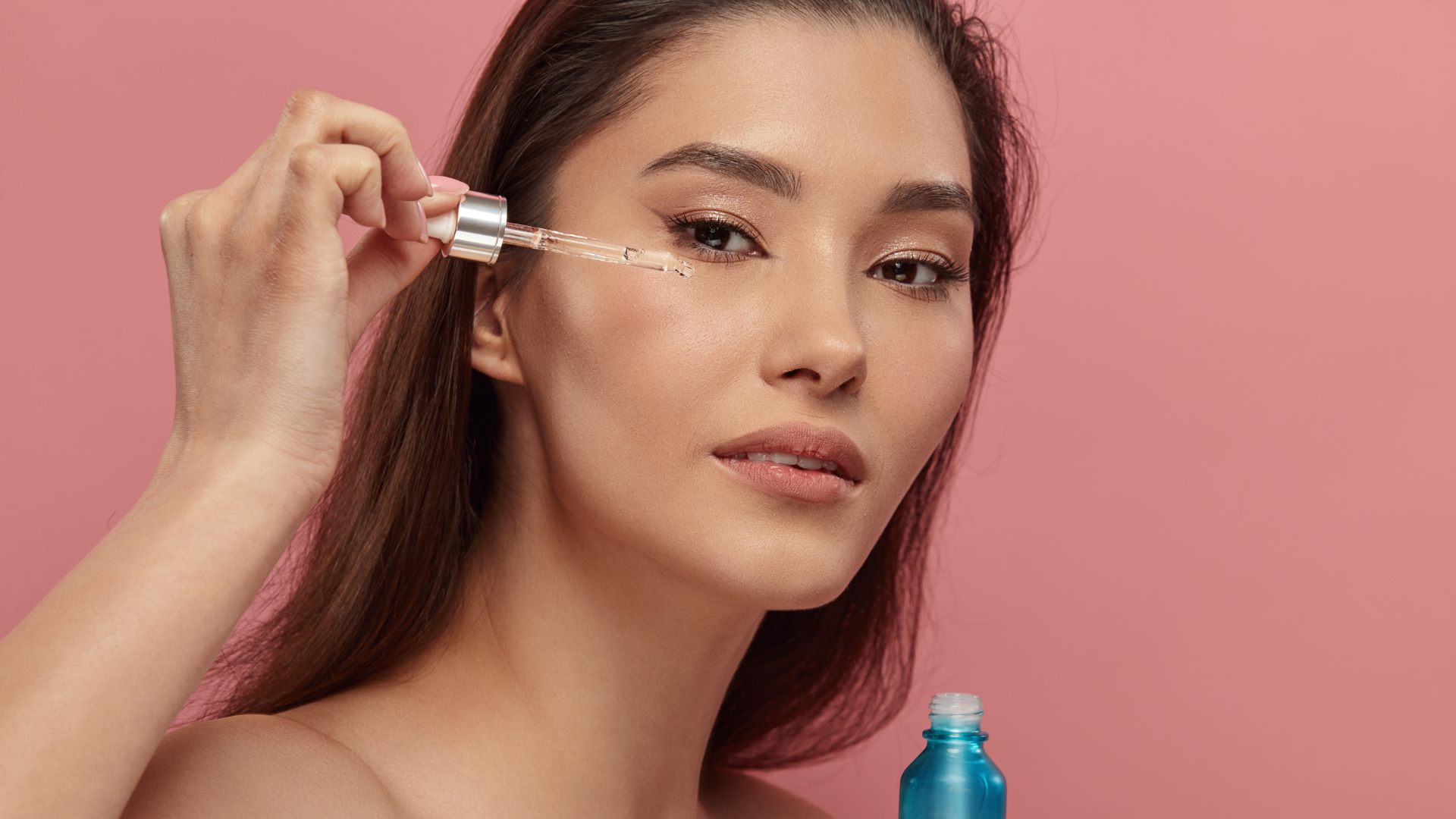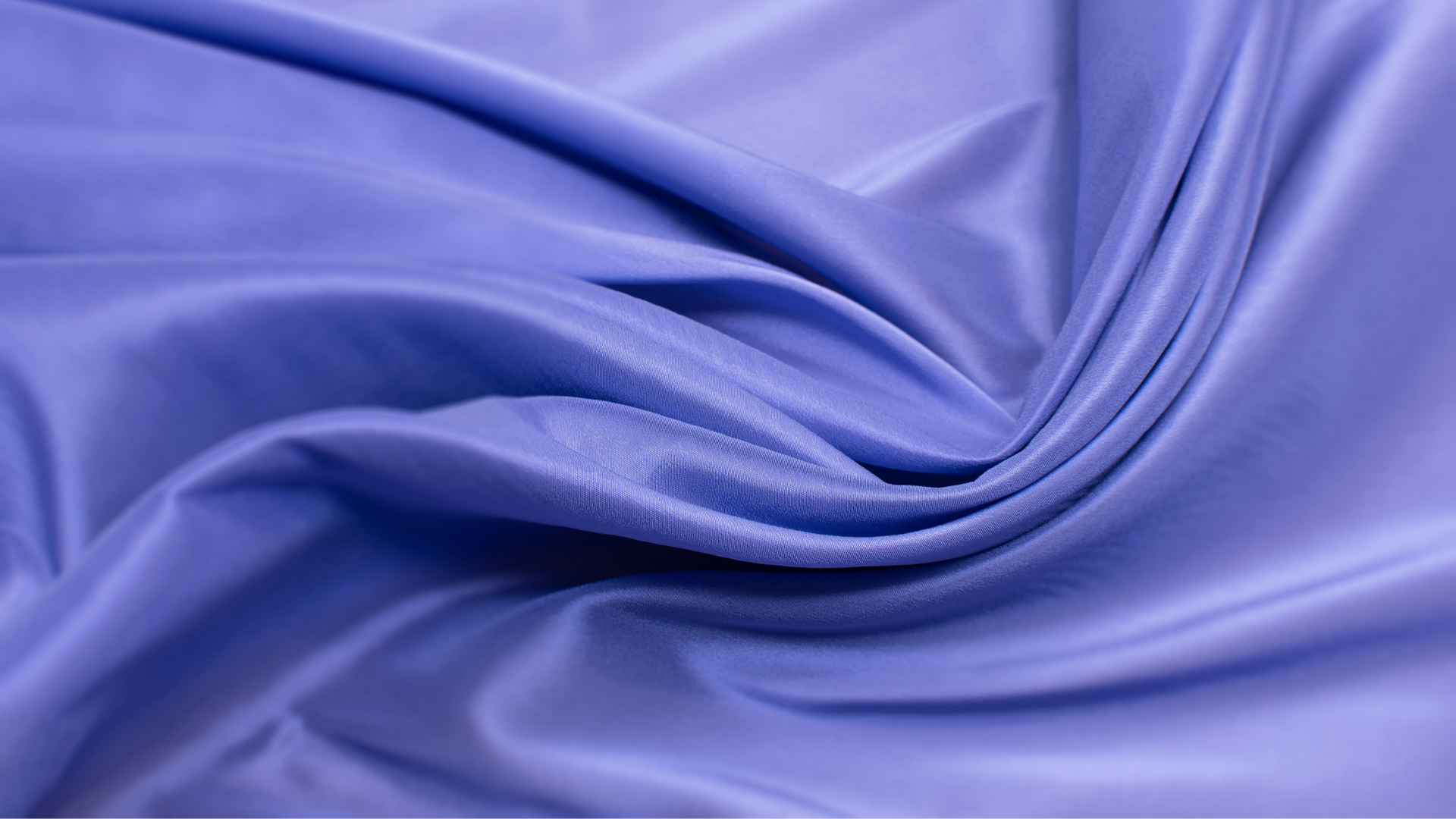The difference between drying and fatty alcohols.
Alcohols are common ingredients in cosmetic formulations. They serve various purposes, including helping dissolve active ingredients, act as solvents, thickeners, preservatives, and emulsifiers. In cosmetics, alcohols can be found in everything from facial cleansers to moisturizers and makeup products like foundations and hair sprays.
Alcohols in skincare products are typically divided into two broad categories: drying alcohols and fatty alcohols. Each type plays a different role in formulations, and understanding the distinction is essential for choosing the right products for your skin type.
Role of Alcohols in Cosmetics:
-
Solvents: Alcohol helps dissolve active ingredients that may otherwise be difficult to incorporate into a product. This allows for smooth, uniform application.
-
Preservatives: Alcohol acts as a preservative, preventing the growth of harmful bacteria and fungi, which can extend a product’s shelf life.
-
Penetration Enhancers: Alcohols like ethanol help other ingredients penetrate deeper into the skin, making the product more effective.
-
Texture and Finish: Alcohol helps products like sprays, serums, and toners dry quickly and impart a lightweight texture, which is often sought after in certain makeup and skincare products.
Why Are Alcohols Used in Cosmetics?
Alcohols are used in cosmetics for various reasons, but their primary functions include enhancing formulation texture, improving product performance, and extending product shelf life. Here are some of the main reasons alcohols are included in cosmetic products:
Solubility of Active Ingredients
Many active ingredients found in cosmetics, such as vitamins, antioxidants, and acids, are fat-soluble. Alcohol, particularly ethanol, helps dissolve these ingredients and integrate them effectively into the formulation. This ensures that the active ingredients are delivered properly when the product is applied to the skin.
Fast-Drying Formula
Alcohols like ethanol and isopropyl alcohol evaporate quickly, leaving behind a smooth and dry finish. This is particularly useful in products like setting sprays, toners, and other liquid-based makeup products. The quick-drying property of alcohol makes these products feel lightweight and non-greasy.
Preservation
Alcohol is a natural preservative due to its antimicrobial properties. It prevents the growth of bacteria and fungi in water-based formulations. This is particularly beneficial for products that are exposed to air and moisture, reducing the risk of contamination.
Enhancing Absorption
Alcohols are often used to help other ingredients in a product penetrate deeper into the skin. By temporarily disrupting the skin barrier, alcohols increase the absorption of beneficial ingredients, such as peptides, vitamins, or antioxidants, which can enhance the effectiveness of the product.
The Difference Between Drying and Fatty Alcohols
The most critical distinction between alcohols in cosmetics is whether they are drying alcohols or fatty alcohols. Both types of alcohol are used for different purposes in skincare and beauty formulations, and understanding their unique characteristics can help you make more informed choices about which products are best for your skin.
Drying Alcohols: What Are They and Why Are They Drying?
Drying alcohols, often referred to as simple alcohols, have a more volatile structure and are known for their ability to dry out skin. These alcohols are typically derived from petrochemicals and are frequently used in products like toners, astringents, and hairsprays.
Some of the most common drying alcohols include:
-
Ethanol (Ethyl Alcohol)
-
Isopropyl Alcohol
-
Methanol
-
Butanol
These alcohols have a low molecular weight, which means they can evaporate quickly from the skin. While this gives products a fast-drying finish, it also means they can strip the skin of its natural oils. Over time, this can lead to dryness, irritation, and even compromised skin barriers.
How Drying Alcohols Affect the Skin:
-
Dehydration: Drying alcohols can draw moisture out of the skin, leading to dryness and a feeling of tightness.
-
Irritation: For individuals with sensitive skin, the use of products containing drying alcohols may result in redness, inflammation, or stinging sensations.
-
Exacerbating Skin Conditions: Drying alcohols can make existing skin conditions like eczema, rosacea, or acne worse by further irritating the skin or increasing oil production in an attempt to compensate for the loss of moisture.
Fatty Alcohols: What Are They and How Are They Different?
Fatty alcohols, on the other hand, are derived from plant-based sources like coconut oil and palm oil. They are known for their emollient properties, meaning they help to soothe, moisturize, and condition the skin. Unlike drying alcohols, fatty alcohols are not volatile and do not evaporate quickly. Instead, they stay on the skin to provide a rich, moisturizing effect.
Common fatty alcohols include:
-
Cetyl Alcohol
-
Stearyl Alcohol
-
Cetearyl Alcohol (a mixture of cetyl and stearyl alcohol)
Fatty alcohols play a key role in emulsifying products, helping oil and water mix and preventing separation. They also improve the texture of formulations, making them thicker and smoother.
How Fatty Alcohols Benefit the Skin:
-
Hydration: Fatty alcohols help keep the skin hydrated by forming a barrier that locks moisture in.
-
Skin Barrier Protection: They strengthen the skin’s natural barrier, reducing the risk of transepidermal water loss (TEWL).
-
Non-Irritating: Fatty alcohols are much gentler on the skin and are less likely to cause irritation compared to drying alcohols. This makes them ideal for sensitive or dry skin types.
Identifying Drying Alcohols vs. Fatty Alcohols in Ingredients Lists
Knowing how to differentiate between drying and fatty alcohols in ingredient lists is crucial for making informed choices when selecting skincare and beauty products.
Drying Alcohols:
Drying alcohols are usually listed as "alcohol" on ingredient labels, or more specifically:
-
Ethanol
-
Isopropyl Alcohol
-
SD Alcohol
-
Denatured Alcohol
-
Alcohol Denat
These alcohols typically appear early in the ingredient list if they are a significant component of the product.
Fatty Alcohols:
Fatty alcohols are generally listed as "alcohol" as well, but they will be preceded by a modifier that indicates their fatty or emollient nature. Common examples include:
-
Cetyl Alcohol
-
Stearyl Alcohol
-
Cetearyl Alcohol
-
Behenyl Alcohol
-
Myristyl Alcohol
These alcohols usually appear toward the middle or end of an ingredient list, indicating that they are present in smaller quantities and primarily serve a supportive function in the formulation.
The Role of Drying Alcohols in Cosmetic Formulations
Drying alcohols, despite their potential drawbacks, are still widely used in cosmetics. Understanding their benefits in certain formulations can help clarify why they continue to be included in products such as toners, hair care products, and setting sprays. While they are not ideal for all skin types, these alcohols serve important functions that many consumers find valuable.
Quick-Drying Effect
One of the primary benefits of drying alcohols like ethanol or isopropyl alcohol is their ability to make products dry quickly. This is particularly important in cosmetic products like toners, setting sprays, or hair styling gels. For example, alcohol-based toners evaporate quickly, leaving behind a clean, matte finish that many consumers appreciate, especially for oily skin types. Similarly, hairsprays use alcohol to deliver a fast-drying finish that locks in a hairstyle without excess weight.
Oil Control and Acne Management
Drying alcohols also play a role in controlling excess oil production on the skin. For people with oily skin or acne-prone skin, alcohol-based toners or astringents can help reduce the appearance of shine and help eliminate the oils that clog pores. These products can be particularly helpful when used intermittently to control breakouts or oiliness in targeted areas of the face or body.
Formulation Stability
In some formulations, alcohol is used to stabilize a product, particularly when it contains active ingredients that are sensitive to water or need a solvent to maintain their efficacy. Drying alcohols can help prevent microbial growth and prevent contamination of products, especially when they are used in conjunction with other preservatives. This contributes to the longevity and safety of cosmetic products.
Application and Texture Enhancement
Alcohols can alter the texture of certain products to give them a lighter, smoother feel. For instance, they help make products like serums and gels more fluid and easy to apply. This effect is desirable in products such as acne spot treatments or lightweight makeup removers.
Risks of Drying Alcohols for Skin Health
While there are notable benefits, overuse of drying alcohols can have significant consequences, especially for individuals with sensitive, dry, or compromised skin.
Dehydration and Dryness
Drying alcohols are known to extract moisture from the skin, which can lead to dehydration and a dull, tight feeling. Over time, this can disrupt the skin’s natural moisture barrier, leading to an increased risk of dryness, flaking, and irritation. This is particularly problematic for individuals with already dry or sensitive skin types who rely on products to hydrate and balance their skin.
Skin Sensitivity and Irritation
For people with sensitive or easily irritated skin, alcohols can cause redness, itching, stinging, or even burning sensations. This irritation can worsen when alcohol-based products are used regularly. Drying alcohols can also contribute to rosacea flare-ups, eczema, or other inflammatory skin conditions, exacerbating discomfort.
Long-Term Skin Barrier Damage
When drying alcohols strip away the natural oils from the skin, they may impair the skin's ability to protect itself against environmental aggressors such as pollution, UV radiation, or harmful bacteria. This weakening of the skin’s natural barrier can lead to premature aging, more visible wrinkles, and an increased risk of infection or inflammation.
The Benefits of Fatty Alcohols for Skin Health
Fatty alcohols, in contrast to drying alcohols, offer several skin health benefits. They are an essential part of many moisturizing and nourishing cosmetic formulations.
Moisturization and Skin Softening
Fatty alcohols, such as cetyl alcohol or stearyl alcohol, have emollient properties that provide moisture to the skin by forming a protective layer on the skin’s surface. This helps trap water in the skin, preventing dehydration and promoting a soft, smooth feel. These alcohols are commonly found in products such as moisturizers, lotions, creams, and balms.
Strengthening the Skin’s Barrier
Fatty alcohols are excellent for reinforcing the skin’s natural barrier. The occlusive layer formed by fatty alcohols helps prevent moisture loss, which is essential for keeping the skin hydrated and plump. This protective barrier also helps shield the skin from external irritants like pollutants, allergens, and harsh weather conditions.
Non-Irritating and Gentle on Sensitive Skin
Unlike drying alcohols, fatty alcohols are typically non-irritating and well-tolerated by most skin types, including those with sensitive skin. Their gentle, soothing properties make them ideal for people with conditions like eczema or rosacea. Fatty alcohols help maintain a healthy skin microbiome and prevent further irritation.
Enhancing the Feel of Formulations
Fatty alcohols are also used to improve the texture and sensory feel of products. They help emulsify formulas, creating rich, creamy textures that spread easily and absorb well into the skin. This makes them ideal in products designed to nourish and hydrate, such as deep-conditioning hair masks, body lotions, and anti-aging creams.
The Environmental Impact of Alcohols in Cosmetics
As with any ingredient in the beauty industry, the sourcing and environmental footprint of alcohols used in cosmetic formulations are important considerations. Both fatty alcohols and drying alcohols come from different sources, which can have varying degrees of environmental impact.
Sourcing of Drying Alcohols
Many drying alcohols, such as ethanol and isopropyl alcohol, are derived from petrochemicals, contributing to the overall environmental impact of their production. The process of manufacturing these alcohols can generate greenhouse gases and other pollutants, which can have a negative effect on the planet.
Sourcing of Fatty Alcohols
Fatty alcohols are often derived from plant-based sources like palm oil, coconut oil, or other vegetable oils. However, it’s crucial to ensure that these oils are sourced sustainably. Unsustainable palm oil production, for example, has been linked to deforestation and biodiversity loss. To address these concerns, many companies, including Sustai Market, prioritize sourcing ingredients that are certified as sustainable, ensuring that they minimize harm to the environment.
The Role of the Sustai Score
At Sustai Market, we understand the importance of making environmentally-conscious choices, which is why we evaluate products based on our Sustai Score. This score considers the sustainability of ingredients, including alcohols, and helps consumers make informed choices based on the environmental and ethical practices of the brands they purchase. Look for products with higher Sustai Scores for a more sustainable beauty routine.
How to Choose Products Based on Your Skin Type
Knowing the difference between drying alcohols and fatty alcohols can help you choose products that align with your skin's specific needs. Here's a guide to help you select products that suit your skin type:
Oily or Acne-Prone Skin
If you have oily or acne-prone skin, you might benefit from products containing drying alcohols like ethanol or isopropyl alcohol, as they help control oil and reduce shine. However, avoid overusing products with alcohol, as they can dry out the skin and trigger excess oil production. Look for alcohol-based toners or spot treatments that are designed specifically for oily skin.
Dry or Sensitive Skin
For dry or sensitive skin, it’s best to avoid products with drying alcohols, as they can exacerbate dryness and irritation. Instead, opt for products that feature fatty alcohols like cetyl alcohol, which help moisturize and protect the skin. Look for rich moisturizers, soothing creams, or nourishing oils that hydrate without stripping the skin’s natural oils.
Combination Skin
Combination skin may require a balanced approach. You can use products containing fatty alcohols for hydration and skin barrier repair while incorporating alcohol-free or low-alcohol products for oil control in the T-zone.
Making Informed Choices About Alcohols in Cosmetics
Alcohols in cosmetics play critical roles in product performance, but not all alcohols are created equal. Drying alcohols can offer benefits such as quick drying and oil control but can also pose risks for skin hydration and irritation. Fatty alcohols, on the other hand, provide essential moisture, improve skin barrier function, and are gentler on sensitive skin.
By understanding the difference between these two types of alcohols and their effects on the skin, you can make more informed decisions about which products are right for your specific skincare needs. Always check ingredient lists carefully, especially if you have sensitive or dry skin, and choose products that support your skin’s health and hydration.


